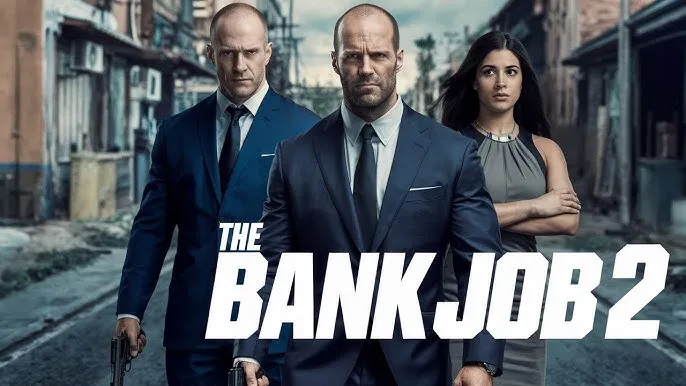"To wield the power of gods is not to conquer — but to remember who you are beneath it."
The skies of Eternia are cracking. Lightning rains not from a storm, but from a forgotten dimension. And through the blinding storm of light, the Power Sword returns once more — He-Man (2025) is not just the revival of an ’80s icon, but the beginning of a new heroic saga: darker, fiercer, and pulsing with the breath of a world long lost.

The story doesn’t begin in Eternia, but on Earth. Adam — an orphaned teenager adrift in the modern world — begins to experience strange episodes of sleepwalking: dreams of a burning realm, a fallen queen, and a skull-faced creature whispering his name. When a mysterious artifact surfaces at an archaeological institute, Adam touches it — and the world explodes. He is not only transported to Eternia, but awakens a bloodline long dormant: the blood of the last warrior known as He-Man.

The film blends mythic fantasy with modern sci-fi action, evoking the cinematic scale of Dune and Thor, while staying rooted in the magical spirit of classic sword-and-sorcery. Eternia is portrayed as a fractured realm: half radiant, half ruin, where temporal rifts devour the memory of gods. Skeletor — no longer a one-dimensional villain — is reimagined as a cursed immortal soul, screaming between anguish and an unquenchable thirst for power.
This He-Man is no perfect hero. He’s a boy ripped from the world he knew, forced to confront a destiny beyond his age. The film delves into the question: if you wield the power of a god, do you still get to live as a man? And if the ones you love no longer exist in that world — does fighting still matter?
He-Man (2025) is not a tale of good versus evil, but a call to remember: who you are, and what makes you worthy of the sword you carry.


-1753692988-q80.webp)
-1755053554-q80.webp)
